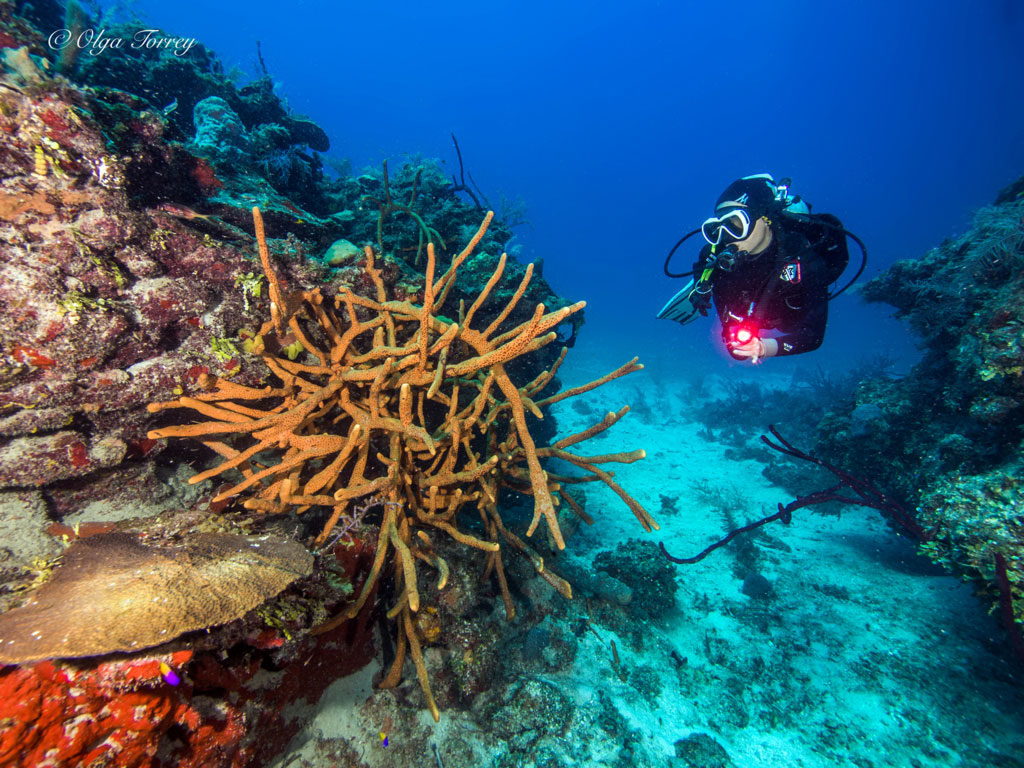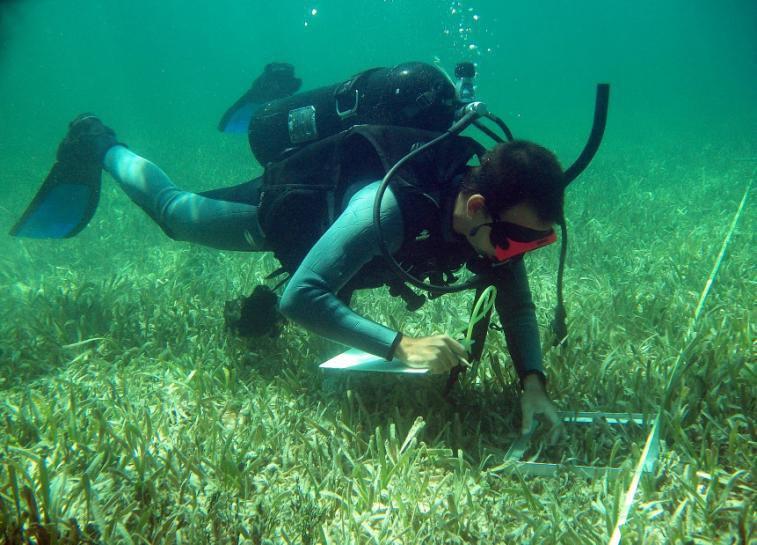SUSTANAIBLE CONSERVATION STRATEGIES
Marine management Conservation strategies
ECOLOGICAL FOOTPRINT
Reducing the ecological footprint of tourism operations in order to maintain the natural heritage. It is our policy to minimize pollution, and reduce the generation of solid waste in Jardines de la Reina National Park. We provide our live-boards with technology and procedures to avoid direct dumping of waste and ballast waters in the park. However, your contribution to this objective is what ultimately will determine our achievements on this regard.
SUSTAINABLE UTILIZATION
Returning benefits to the park authority and local communities in order to guarantee the long term preservation We are committed to share the economic benefits of tourism operations. The contribution of the clients continue guaranteeing the long-term effective protection of the natural wonders you are privileged to enjoy in Jardines de la Reina National Park. Additionally, we are educating and training for those who are disadvantaged in society, building seamless pathways of education that connect basic education, vocational training, labor market entry and lifelong learning.
SUPPORTING CONSERVATION
Through an alliance for sound management, efficient enforcement and systematic monitoring of the national park Helping the development of a science-based, up to date, clear and accepted regulatory framework, through a new management plan with PM with an accepted zoning and clear regulations for all the users of the area. Facilitating a better management system to face potentially increase of demand of access to the park. Sharing information and assisting in field enforcement and monitoring.
PROFESSIONAL RESEARCH
Monitoring, and conservation and sustainable use projects carried out by Cuban scientists and conservationists We support research, monitoring, and conservation and sustainable use projects in the park and its surrounding areas. We must to explore new avenues to continue deepening the scientific knowledge that hold up wise management decision in the park.
ENVIRONMENTAL PROJECTS
Guaranteeing an efficient, secure and effective management of environmental projects and initiatives within the marine park. We agreed to limit the number of visitors, observe carrying capacity limits and good practices, have implemented a rotation system of utilization areas and limited the number of research vessels. We also continue working to diversify the options of low-impact options for visiting humanitarians and researchers, while excluding others that could represent some risk to biodiversity and ecosystems.






